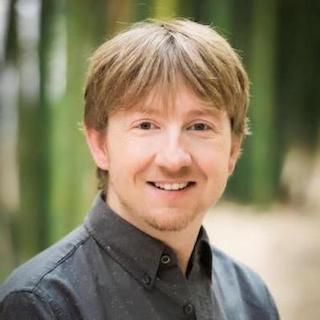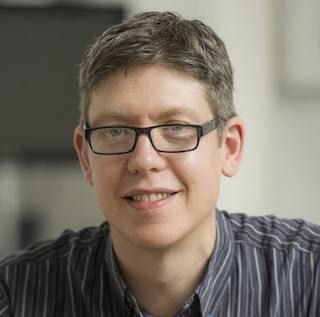Plenary lectures

Charlie Cox
Duke University, USA
Plenary session: Acid-Base Chemistry: Longitudinal Study Across the Chemistry Curriculum

David Read
University of Southampton,England
Plenary session: Chemistry Education in 2020/21: Mitigation, Evolution or Revolution?
Ilka Parchmann
Leibniz Institute for Science and Mathematics Education, Kiel University, Germany
Plenary session: Context-based learning at the university - an interface between chemistry, chemistry teacher and public education
 Presentation
Presentation